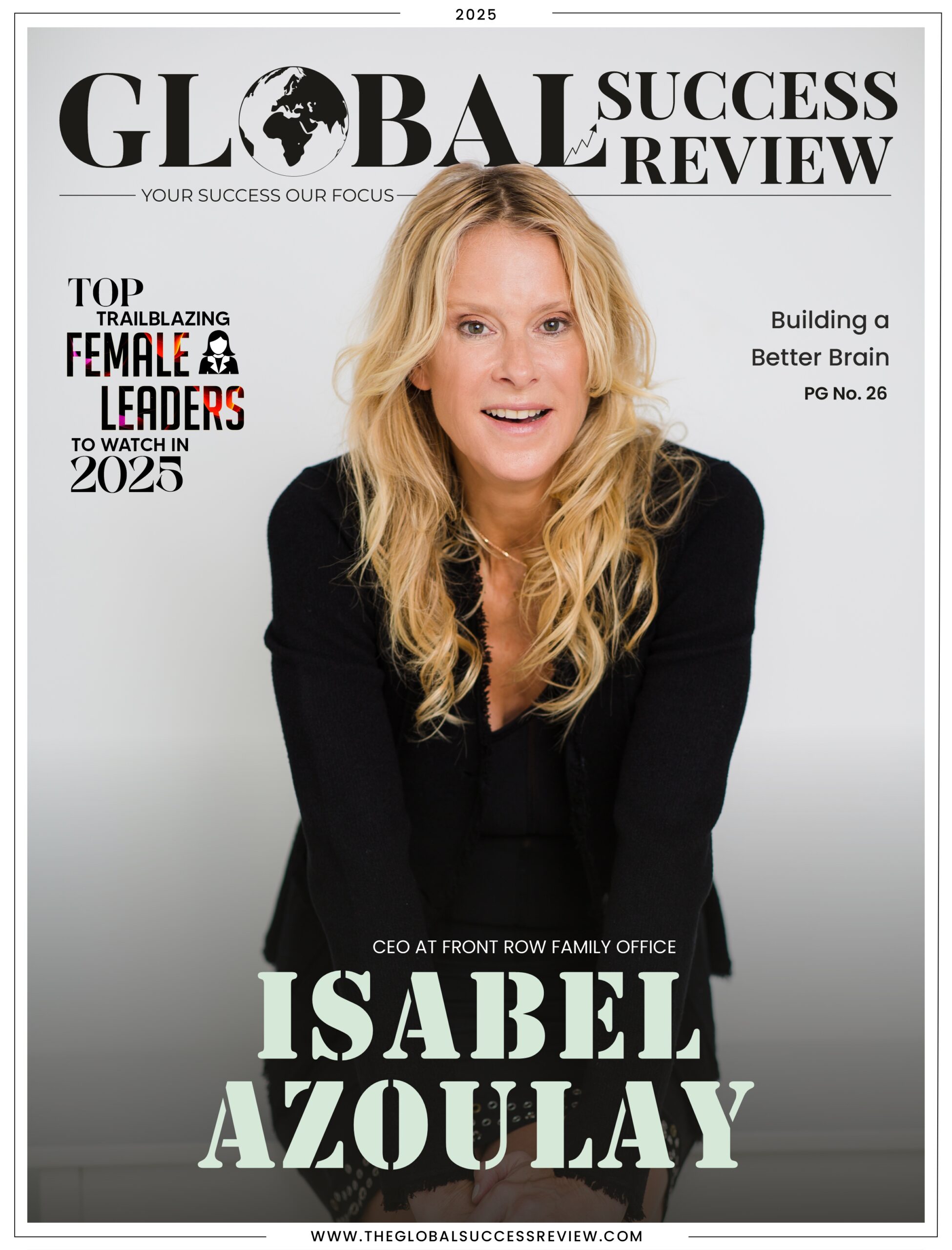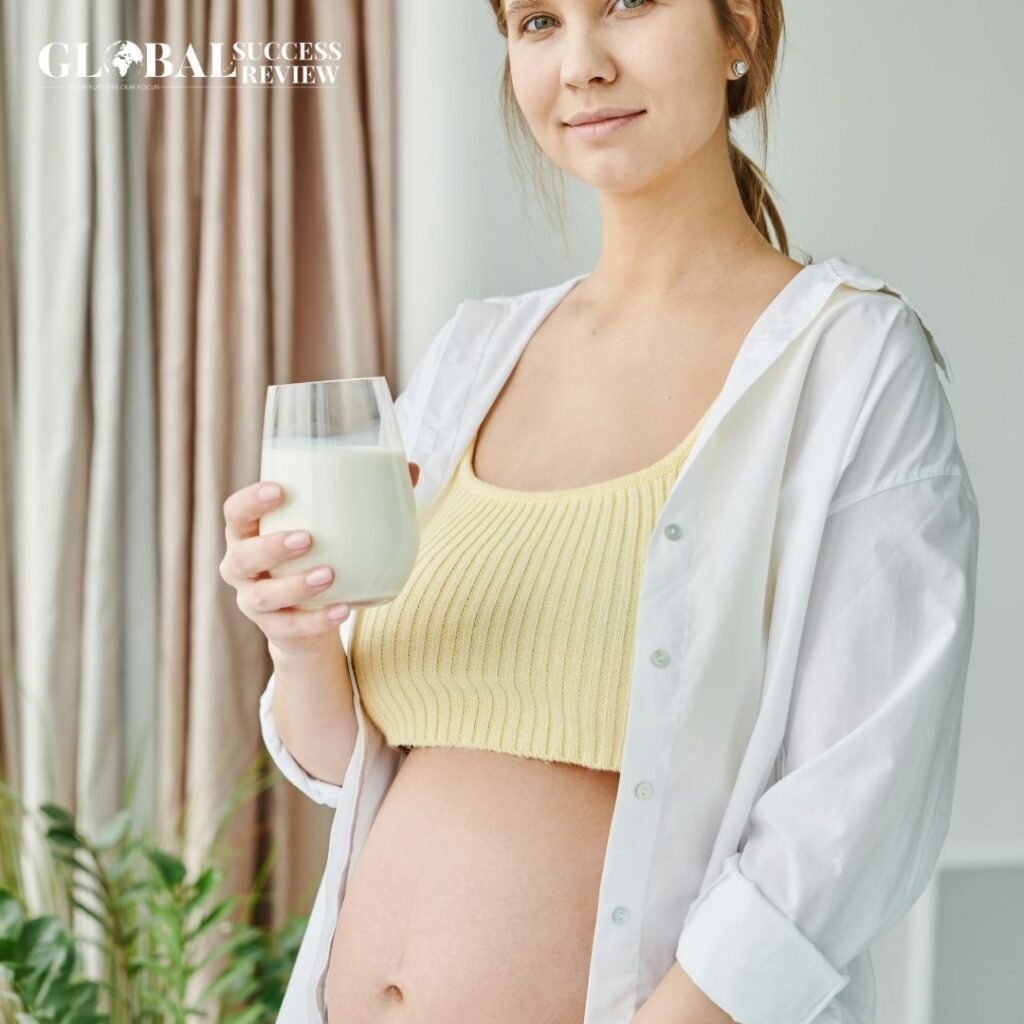Pregnancy is an exciting and transformative time for women, but it also comes with its own set of challenges. One of the most important aspects of ensuring a healthy pregnancy is maintaining a balanced and nutritious diet. What a woman eats during pregnancy can have a significant impact on the health and development of her baby. Proper nutrition helps support the growth of the baby, strengthens the mother’s body, and reduces the risk of complications during pregnancy.
Key Nutrients for Pregnant Women
- Folic Acid
Folic acid, also known as folate, is one of the most critical nutrients for a woman during pregnancy. It plays a vital role in the development of the baby’s brain and spinal cord. Deficiency in folate during early pregnancy can lead to serious birth defects such as spina bifida. Pregnant women should consume at least 400 to 800 micrograms of folic acid daily. Good sources include leafy greens, citrus fruits, beans, fortified cereals, and prenatal vitamins. - Iron
Iron is essential for the production of hemoglobin, which carries oxygen to the baby and helps prevent anemia in the mother. Pregnant women require more iron due to the increase in blood volume during pregnancy. A deficiency in iron can result in fatigue, dizziness, and in severe cases, premature birth. Foods rich in iron include lean red meat, poultry, lentils, beans, tofu, and spinach. Pairing iron-rich foods with vitamin C (found in oranges, tomatoes, and bell peppers) can enhance iron absorption. - Calcium
Calcium is crucial for the development of the baby’s bones, teeth, and heart. It also helps maintain the mother’s bone density. Pregnant women need around 1,000 milligrams of calcium daily. Dairy products such as milk, cheese, and yogurt are excellent sources of calcium. For women who are lactose intolerant, calcium-fortified plant-based milk, tofu, and leafy greens can also provide adequate amounts. - Protein
Protein is the building block of the body and is essential for the growth and development of the baby’s tissues, organs, and muscles. Pregnant women should aim to consume around 70-100 grams of protein per day. Good sources of protein include lean meats, poultry, fish, eggs, beans, and legumes. Vegetarian and vegan mothers should ensure they’re eating a variety of plant-based proteins to meet their needs. - Vitamin D
Vitamin D helps the body absorb calcium and is crucial for bone health. It also plays a role in supporting the immune system. Pregnant women need about 600 IU of vitamin D each day. Sun exposure is a natural source of vitamin D, but it can also be obtained through fortified foods like milk, orange juice, and cereals. Fatty fish such as salmon and sardines are also rich in vitamin D. - Omega-3 Fatty Acids
Omega-3 fatty acids, particularly DHA (docosahexaenoic acid), are essential for the development of the baby’s brain and eyes. DHA has been shown to improve cognitive development and reduce the risk of preterm birth. Pregnant women should aim for at least two servings of fatty fish per week, such as salmon, sardines, and mackerel. For those who don’t eat fish, omega-3 supplements or plant-based sources like flaxseeds, chia seeds, and walnuts are good alternatives.
Foods to Include in a Pregnancy Diet
- Whole Grains
Whole grains like brown rice, quinoa, whole wheat bread, and oats provide essential nutrients such as fiber, iron, and B vitamins. Fiber helps prevent constipation, a common issue during pregnancy, and aids in digestion. - Fruits and Vegetables
A wide variety of fruits and vegetables should make up a large portion of a pregnant woman’s diet. These foods provide vital vitamins, minerals, and antioxidants that support both maternal health and fetal development. Aim to include a rainbow of fruits and vegetables to ensure a broad spectrum of nutrients, especially those rich in vitamin C, such as citrus fruits and bell peppers. - Lean Proteins
Lean proteins like skinless chicken, turkey, tofu, and beans are great for muscle and tissue development. They also help manage blood sugar levels and provide steady energy throughout the day. - Healthy Fats
Incorporate healthy fats into the diet to support the baby’s brain development. These fats are found in foods like avocados, nuts, seeds, olive oil, and fatty fish. Avoid excessive intake of unhealthy fats such as trans fats and saturated fats, which can increase the risk of complications like gestational diabetes.
Foods to Avoid During Pregnancy
- Unpasteurized Dairy Products
Unpasteurized milk and cheese can carry harmful bacteria such as listeria, which can lead to severe infections and even miscarriage. Always choose pasteurized dairy products to ensure safety. - Raw or Undercooked Seafood, Meat, and Eggs
Raw or undercooked foods can harbor harmful bacteria or parasites that can harm both the mother and the baby. Pregnant women should avoid raw sushi, oysters, and undercooked eggs or meats. - Caffeine and Alcohol
Excessive caffeine intake can lead to problems like low birth weight, so it’s recommended to limit caffeine consumption during pregnancy. Alcohol should be completely avoided, as it can cause fetal alcohol spectrum disorders. - High-Mercury Fish
Certain fish, such as shark, swordfish, and king mackerel, contain high levels of mercury, which can negatively impact the baby’s developing nervous system. Opt for safer fish options like salmon, trout, and sardines.
Hydration
Proper hydration is crucial during pregnancy, as it helps support the increased blood volume and amniotic fluid. Drinking water is essential for flushing toxins from the body and maintaining healthy amniotic fluid levels. Pregnant women should aim for at least 8-10 cups of water daily.
Conclusion
A healthy diet during pregnancy is one of the most important factors for ensuring a positive outcome for both mother and baby. By focusing on nutrient-dense foods and avoiding harmful substances, pregnant women can give their bodies the fuel they need for a successful pregnancy and a healthy child. A well-balanced diet, combined with regular prenatal check-ups, is essential for managing pregnancy-related changes and promoting long-term health for both the mother and her baby.



















